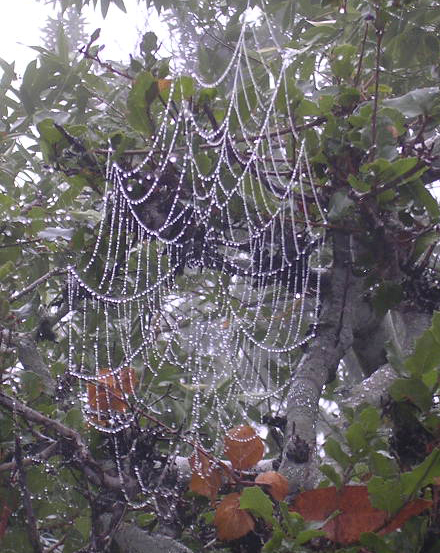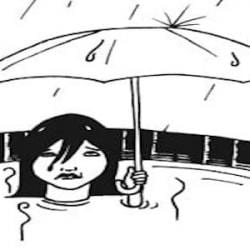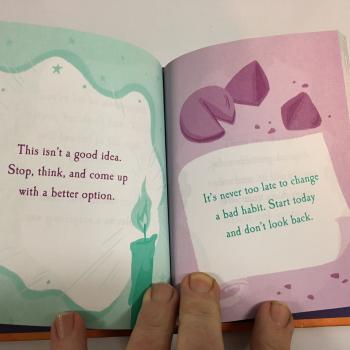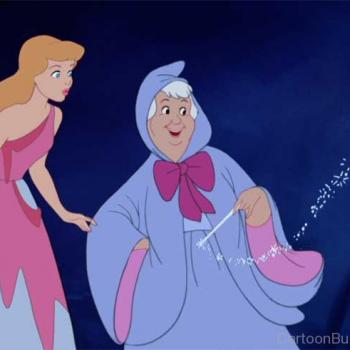All Wrapped Up: What is a “Cob Web”? I know what a spider web is but a cob web? Can’t be made by male Swans.
Dear Wrap, Easy to get confused. A cob web IS a spider web. Colloquially it’s ‘spider’, officially scientifically nerdily its ‘cob’. Further confusion: Cob, as in web, comes from the archaic word coppe, which means……wait for it……spider.
Coppe is not to be confused with loppe, which is the Old English word for spider, but the word is not related to cob.
Still not confused? Remember Shelob, the monstrous arachnid from “The Lord of the Rings”? Well, J.R.R. Tolkien named her that because ‘she’ (duh), + ‘lob’ which is close enough to ‘loppe’, the Old English word for spider.
And ‘lob’ sounds like ‘cob’ but the two have different family trees and so are not related.
Except of course, that they both mean ‘spider’.
You are correct in that a male swan is called a ‘cob’, but that’s Middle English (‘cobbe’) which means ‘leader’, and is in no way related to the Old English ‘loppe’ or the archaic ‘coppe’.
Got it? No? Think of it this way then: Swans are large, white, have feathers, only two legs, and they don’t spin webs.
Not just another white person: I recently had an indigenous person become openly hostile about aspects of my magical path. He said that my use of the directions, the Elements, the correspondences and the Spirit Guardians for each direction were just another example of ‘white people stealing ideas that they don’t understand’. His anger took me by surprise and I tried to explain that these things exist in cultures throughout the world, but he wasn’t having it. The conversation did make me think, though, about how we pull in ideas from the Kabbalah to Shamanism in our practice. So, how is witchcraft different than cultural appropriation and should there be a line drawn.
Dear NJAWP,
Excellent question! Cultural Appropriation is a very real thing, and something that non-white peoples have every right to be angry about.
And yes, lines should be drawn. Problem is, this is the Occult we’re talking about, meaning that every witch draws their own lines for their own selves.
My personal standard goes something like this: Did this action/direction/deity/lifestyle come from a specific group of people? Has it remained unique and unchanged over a specific period of time? And will my using it harm/diminish/embarrass the tradition from whence it came?
So, Native American headdresses? Right out.
Karma? Its a 3 part concept and most people only seem to use the 2nd part, and then out of context. Its a central tenet to several eastern religions, none of which are mine, so I have chosen not to use the term.
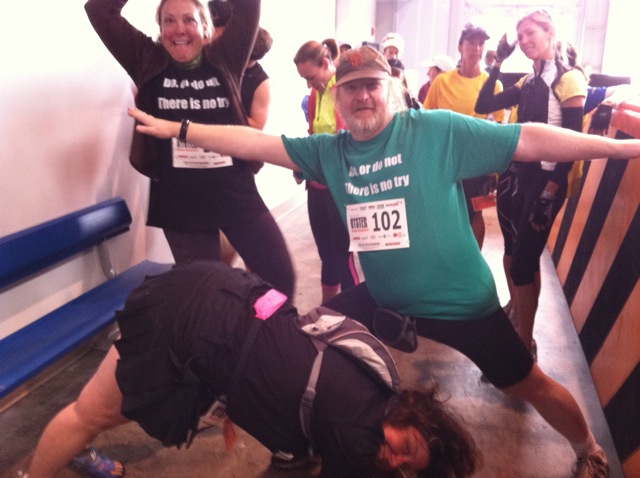
Yoga? Its an ancient system, altered, blended and watered down through several cultures on its way to the west, landing about 130 years ago. The term and its practices are so varied and widespread that I don’t believe there is much left of the Samkhya Philosophy of the Hindu in my Hatha stretching down at 24 hour Fitness. So I will allow that.
Regarding your examples that peeved your indigenous friend, I would go with:
- Paganism using directions? Well, I’m pretty sure EVERY culture has the concept of ‘this way means this, and we’ll call it that’ and this way over here means this other thing and so on.
- The Elements? The classic 4 (or 5) from The Golden Dawn up to Silver Ravenwolf use the classic elements first laid down by the ancient Greeks. I’m calling that one okay.
- The 3 realms comes from Irish Reconstructionists. Allowed.
- Correspondences? I’ve read about many, utilized several, and honed mine down to a few. None of which I have ever heard came from a Native American tradition.
- Spirit Guardians for each direction? Maybe, but it would depend on how YOU are characterizing your watchtowers, and whether that was taken from a native tribes way of worship.
In short, NJAWP, your friend is accusing you of using concepts that are ill-defined and Universal. More specificity is necessary for their case to stick.
Cultural Appropriation is a filter that we need to keep in place, but we all draw the line differently. I wouldn’t host a pow-wow, but Shamanism is a fuzzy concept that one can find world-wide. Kabbalah in Witchcraft is no-go with me, but I know several Jewitches who have no problem integrating Jewish Mysticism into their Paganism.
Meanwhile, I will continue to eat burritos and listen to the blues.
Candy Crush: Why are they called Jolly Ranchers? Are ranchers particularly Jolly?
Dear CC,
Bless you for having the courage to finally address one of the central mysteries of our modern existence.
The little, hard candies are called “Jolly Ranchers” because the inventor, Bill Harmsen, sold his goods around Denver, Colorado and he wanted a name that sounds ‘hospitable and Western’.
Now, to the second, and more esoteric conundrum that you have unearthed for us: Are ranchers particularly happy?
Turns out they are! Fishing people and forestry folks too. In fact, anything rural, outdoorsy and crafty is going to score high in the squee department.
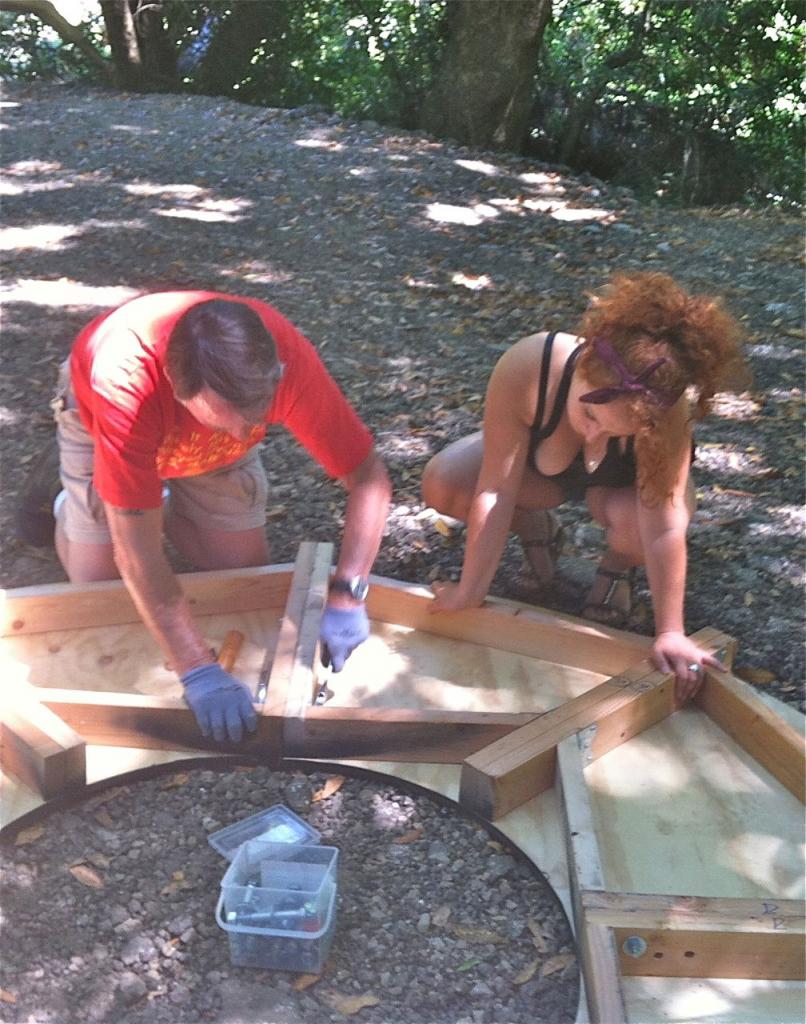
A recent report from the British Office of National Statistics showed 3 clear criteria for a happy job (and by extension, a happy life):
1) Work closely with the land
2) Work around water
3) Make a physical product
Sound good? See? Happy times. Think of the 8 of pentacles: the earnest, contented worker. Who is making something tangible.
Why do so many people live next to an ocean, when its much cheaper to live in a city in flyover country?
But I think there is something older and deeper here. I’m not advocating wearing animal skins and living in a cave again, but it does seem like the closer we get to our ancestors, the jollier we become.
The least happy people in the study were the ones who were the most removed from actual ‘things’.
This ‘back to the land and make stuff’ motif has played out for me in my jobs. The happiest work I’ve had is being a delivery person on a bicycle (work with the land), and my current job at a print shop (making stuff). And the only good thing about the job at the hot tub showroom was that I was around water all day!
There is something else too. All employment carries with it stress and unknowns, but with the older jobs the problems were immediate and tangible. For cube slaves the pressures are more convoluted and the results are ephemeral at best.
But when I worked at a Whole Foods Market I was very close to the land (with the produce changing with the seasons), my work was hard but also simple and rewarding. And I was doing a job that people have been doing for hundreds of years.
So yes, Candy Crush, they’re called Jolly Ranchers because Ranchers (a/k/a people who work with Nature) are jolly. And you too can be more jolly by spending more time outside, near water, making something.
While eating candy.
~Ask Angus
Send your questions, about paganism (or anything!) to:
Sources:http://www.chatelaine.com/the-happiness-plan/why-farmers-are-happier-than-the-rest-of-us/
http://webarchive.nationalarchives.gov.uk/
Photo Credit: All photos came from my iPhone.

